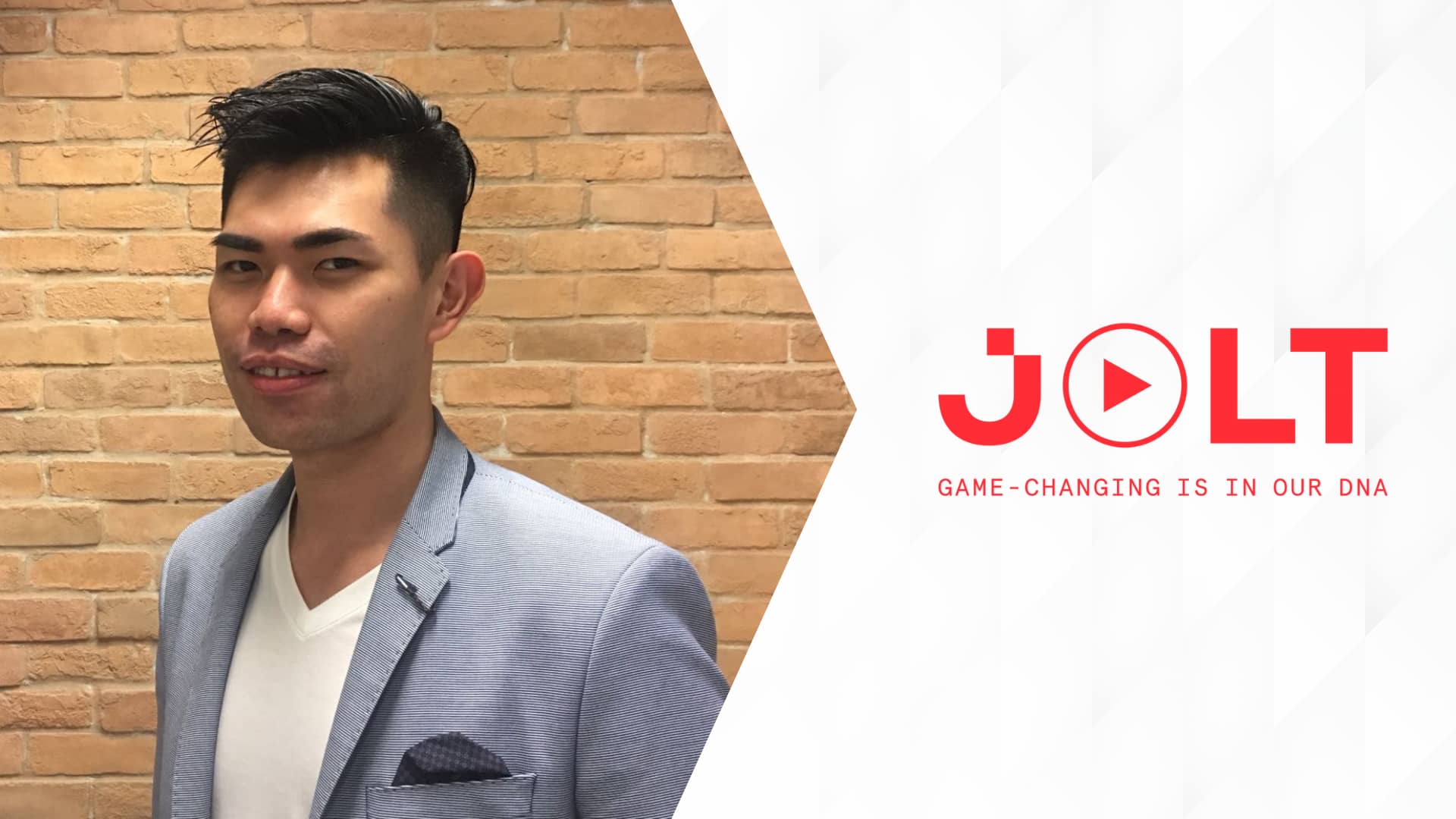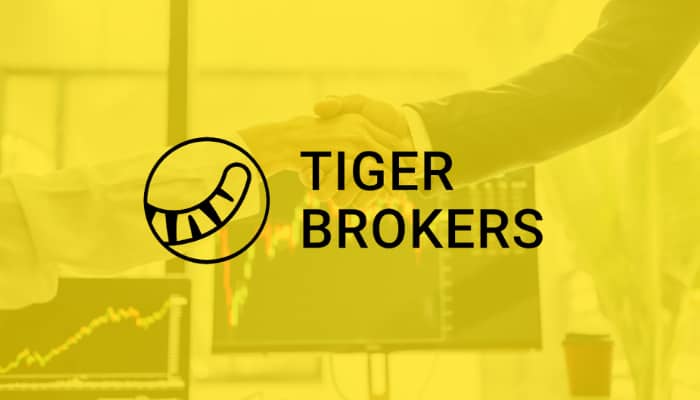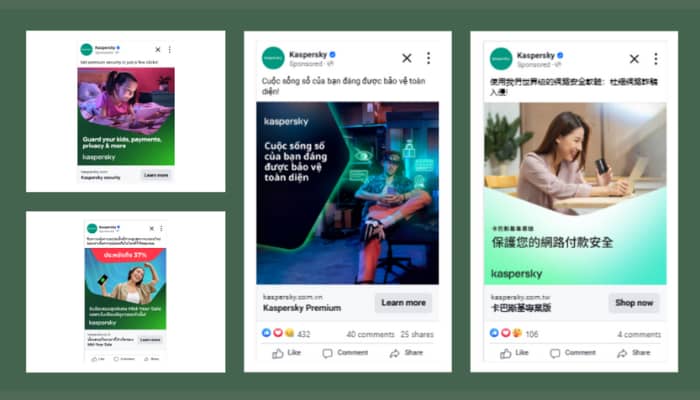For agencies to thrive in the current industry, keeping pace amidst the digital marketing industry’s perpetual state of flux is not enough. The industry, always transforming, demands marketers that are not merely reactive to changes, but ones with a forward-thinking approach.
As they remain at the lead of brand communication, agencies need agility, understanding the evolution of technologies and driving them towards innovation. To truly thrive, agency leaders must become visionaries, staying ahead of future trends.
At the helm of JOLT Digital’s APAC team, Jason Tan, general manager, shows the importance of being proactive at an agency in his role. In MARKETECH APAC’s latest Agency Leadership Decoded interview, Jason discusses his talent-centric leadership philosophy and his team’s tech innovation as a competitive edge in the industry.
Future-proofing talents
Jason’s leadership philosophy is deeply rooted in empowering a team. He sees his role, along with the leadership team, as the provider of tools, training, and guidance to the agency’s workforce. This leaves all team members in charge of unlocking their personal growth.
“As a leader, I am driven by the belief that People Power Growth. Agencies are defined by our talent and we are invested in the constant upskilling and mentorship of team JOLT,” Jason said.
Accountability is also at the centre of JOLT’s operations. As the team propels the agency to become game-changing, they are consistently challenging norms while holding each other responsible for delivering excellence.
“The most successful teams have the muscle memory to consistently deliver high performance so I strive to create a culture of excellence for the whole agency,” Jason said.
With Jason as the lead, the agency also developed ‘JOLT Academy,’ an internal training program built around the core pillars of technical training, media planning fundamentals, and ‘work that works.’
“I believe the talent of the future needs to be T-shaped, possessing broad professional knowledge and in-depth technical capabilities. This creates value for JOLT and also sustainable career growth for each team member,” he said.
Jason’s ‘People Power Growth’ philosophy also includes the agency’s relationships with clients and partners. For him, nurturing these relationships is crucial to continuing JOLT’s growth.
“We also started our fortnightly Lunch & Learn Wednesdays to encourage closer collaboration with media partners and to keep an active pulse of the best solutions in the market,” he shared.
Tech innovation as a competitive edge
Throughout the years, JOLT has been focused on refining its digital solutions through emerging technologies.
At the forefront of its strategy is JOLT’s J-CAL, the agency’s budget allocation tool. Jason shared that they have refreshed the tool to include more markets and data points.
“I believe the agency that wins the future is one that combines talent and tech seamlessly. Our focus on developing the best digital solutions and grooming the best media talent has been the foundation of JOLT’s success,” he said.
JOLT’s technological innovation proved useful when it encountered challenges in meeting its clients’ needs better. Jason shares how the team realised that the J-CAL itself is insufficient in helping clients execute campaigns.
“I tasked our head of programmatic to look at building a solution that could answer clients’ needs and add more offerings so we could bring a unique technology vs. what other indie agencies currently offer,” he shared.
This led to the creation of the agency’s proprietary DSP, JOLT Command Centre, which is behind its creative strategy.
Reflecting on the agency’s achievements, Jason said, “Beyond the strong year of new business wins, JOLT also won at the MARKETECH APAC Marketing Technology Awards 2024 which is a testament to how our strategy is paying off.”
‘Embrace the dissonance’
The marketing landscape today, more dynamic than ever, may be challenging to be in. However, for Jason, traversing the fast-paced environment also comes with excitement.
Leaving advice for other aspiring leaders, Jason encourages them to “embrace the dissonance” that comes with abrupt shifts in the industry. They must be open to “relinquishing control.”
Recognising how younger media specialists possess deep knowledge, technical capabilities, and enthusiasm, Jason shares how this can be boosted as an asset to the company.
“Our first task as leaders is to mould this raw energy into a functioning team while recognising that the leadership that the younger generation values is different,” he said.
“For young leaders looking to rise in the ranks, invest your time and resources in understanding the synergies between different practices, platforms and technologies. The leader of the future will be someone who can articulate a clear vision of data and tech, and with a strategy to translate this vision into tangible revenue,” Jason concluded.
Jason’s approach to agency leadership underscores being a visionary, anticipating needs to go beyond reacting to issues once they come. As marketing and technology continue to converge, riding the turbulence or rapid change is not enough. Proactive agencies and leaders must help shape it, paving the way for sustainable growth.










